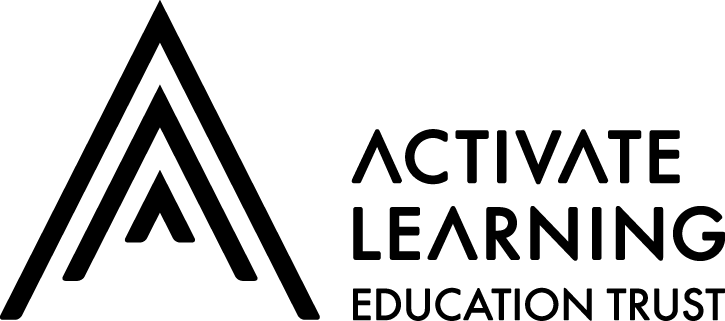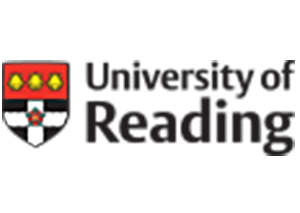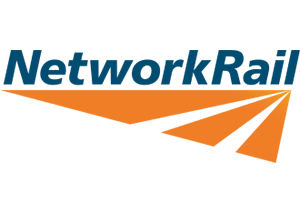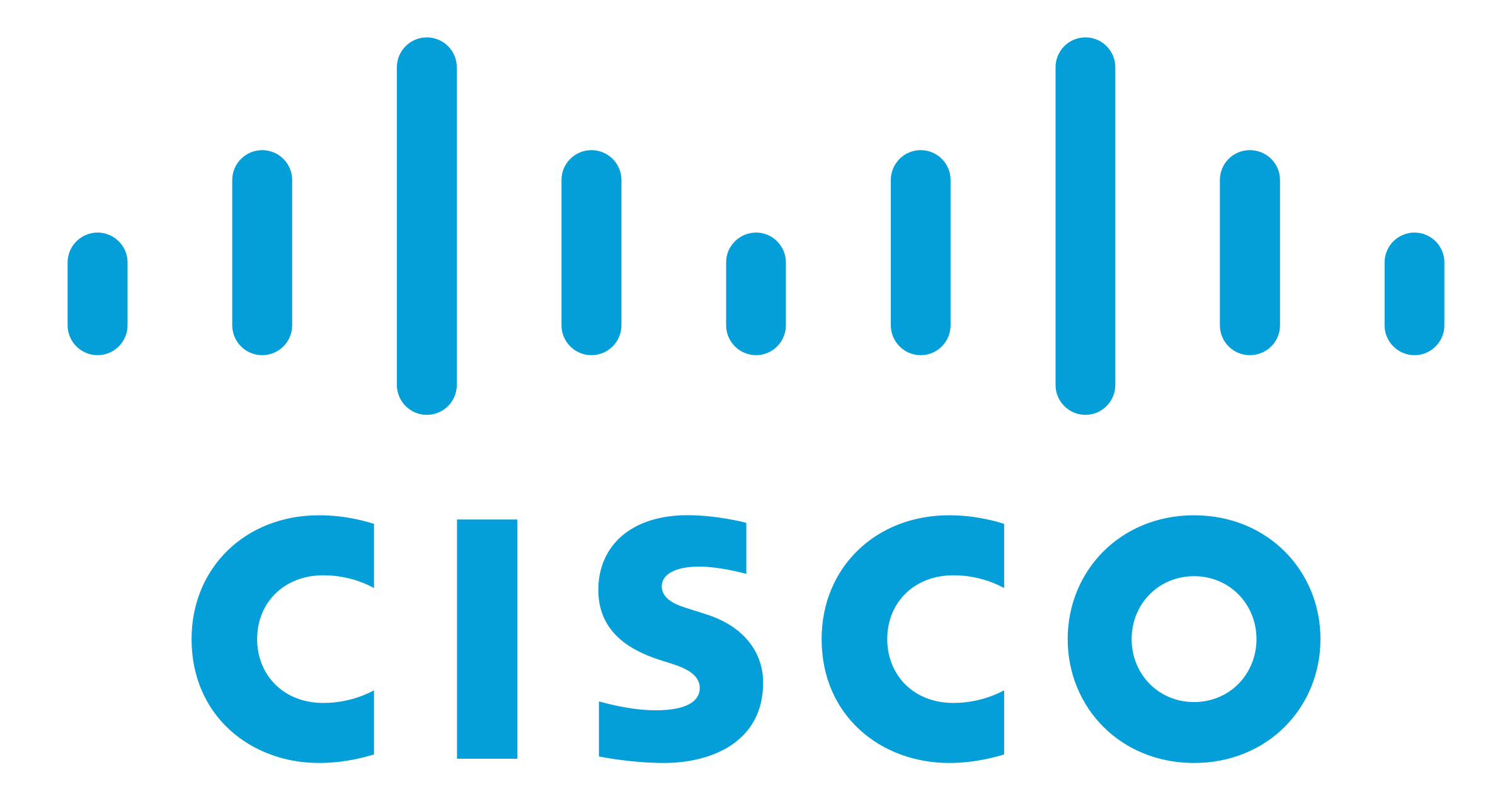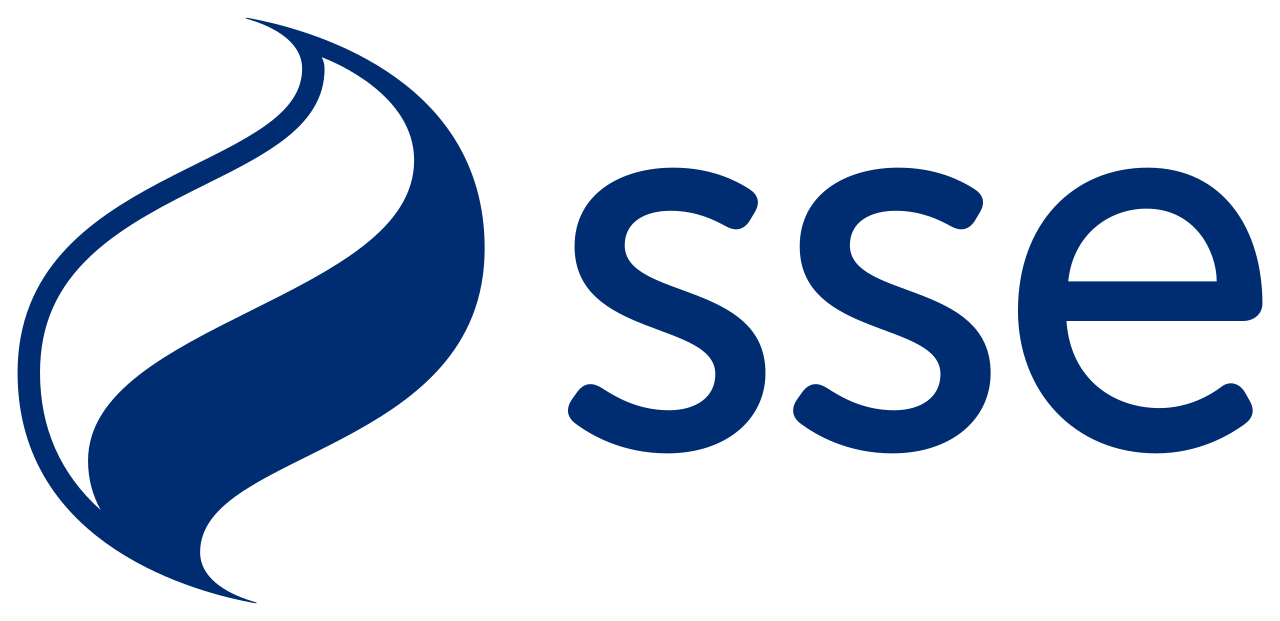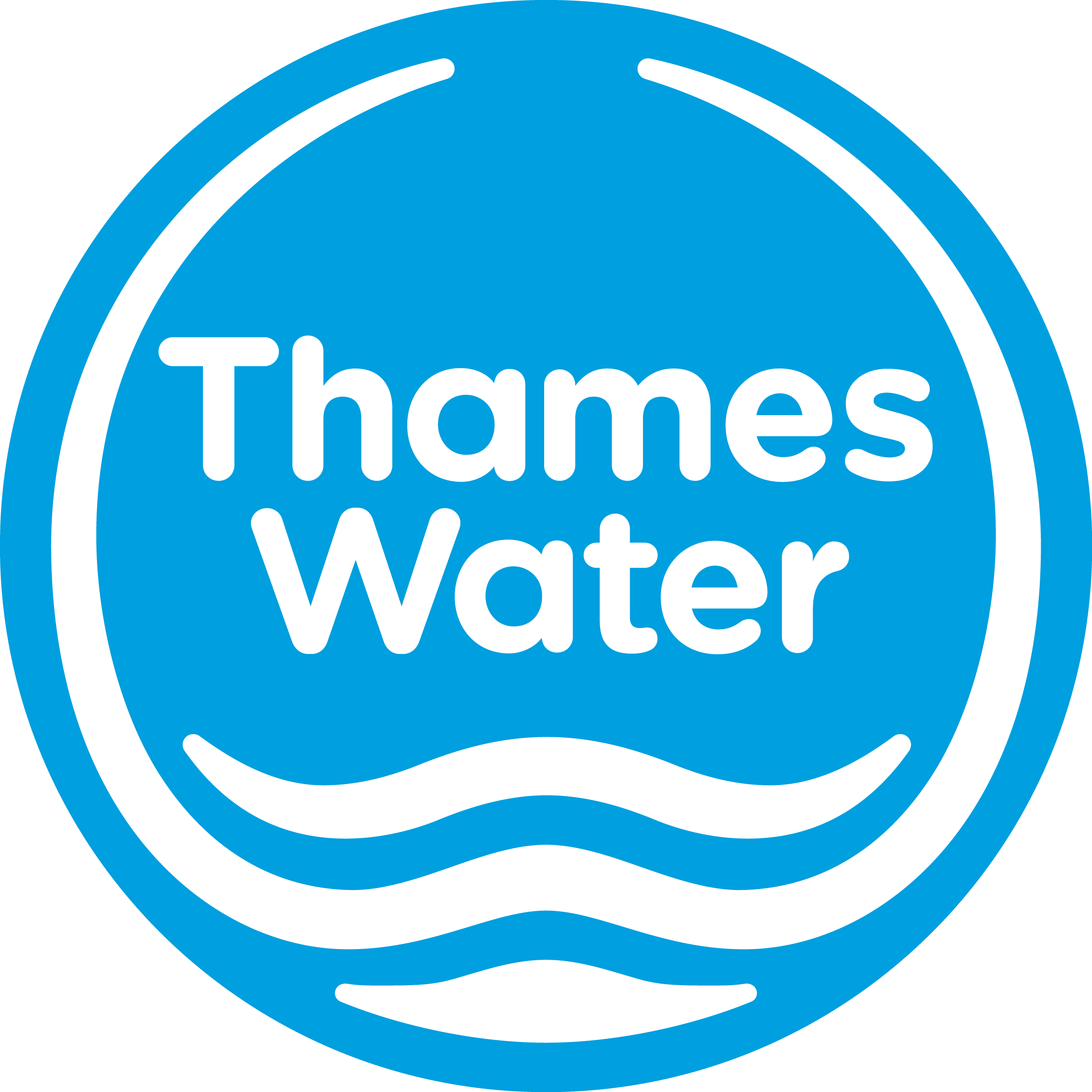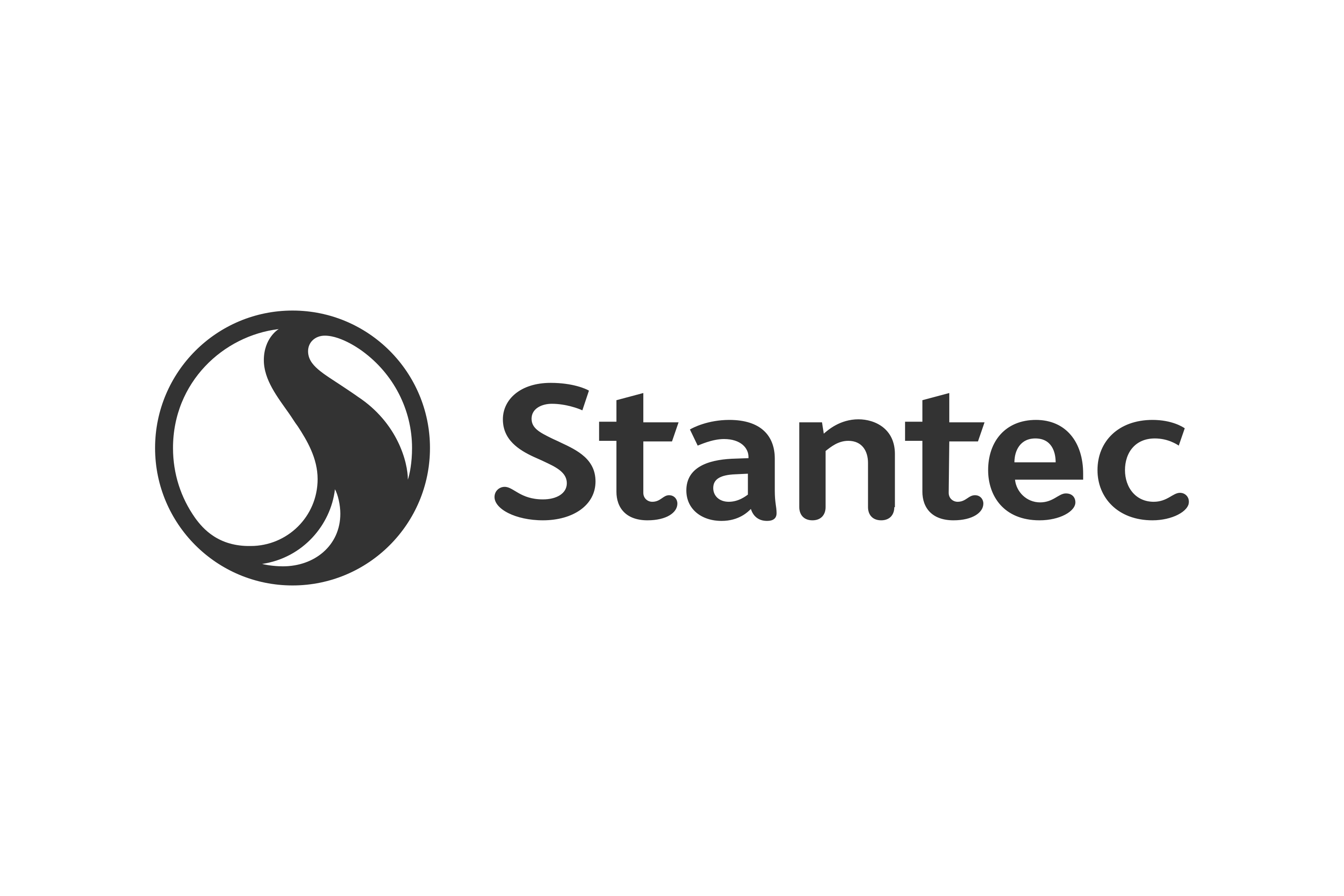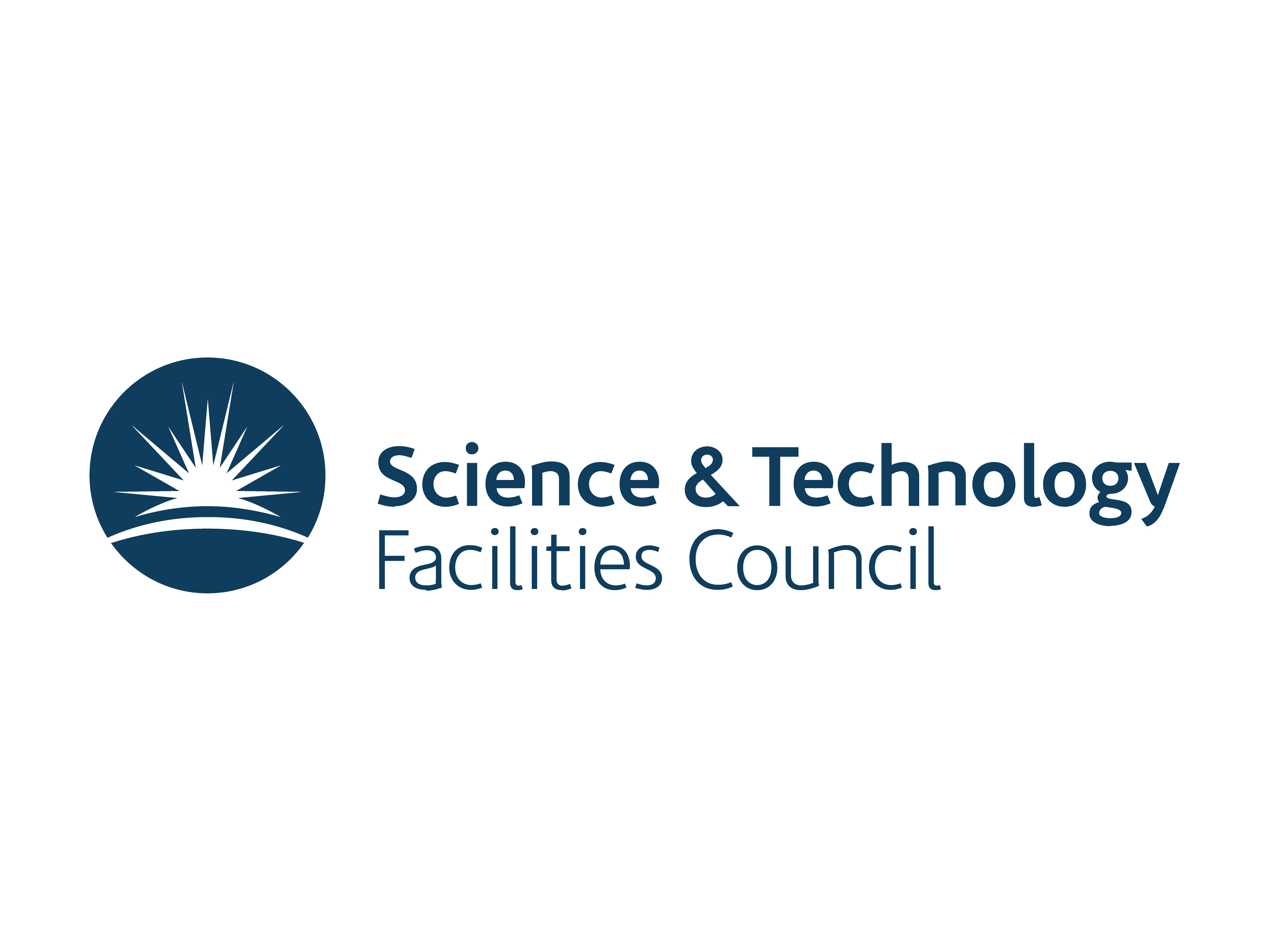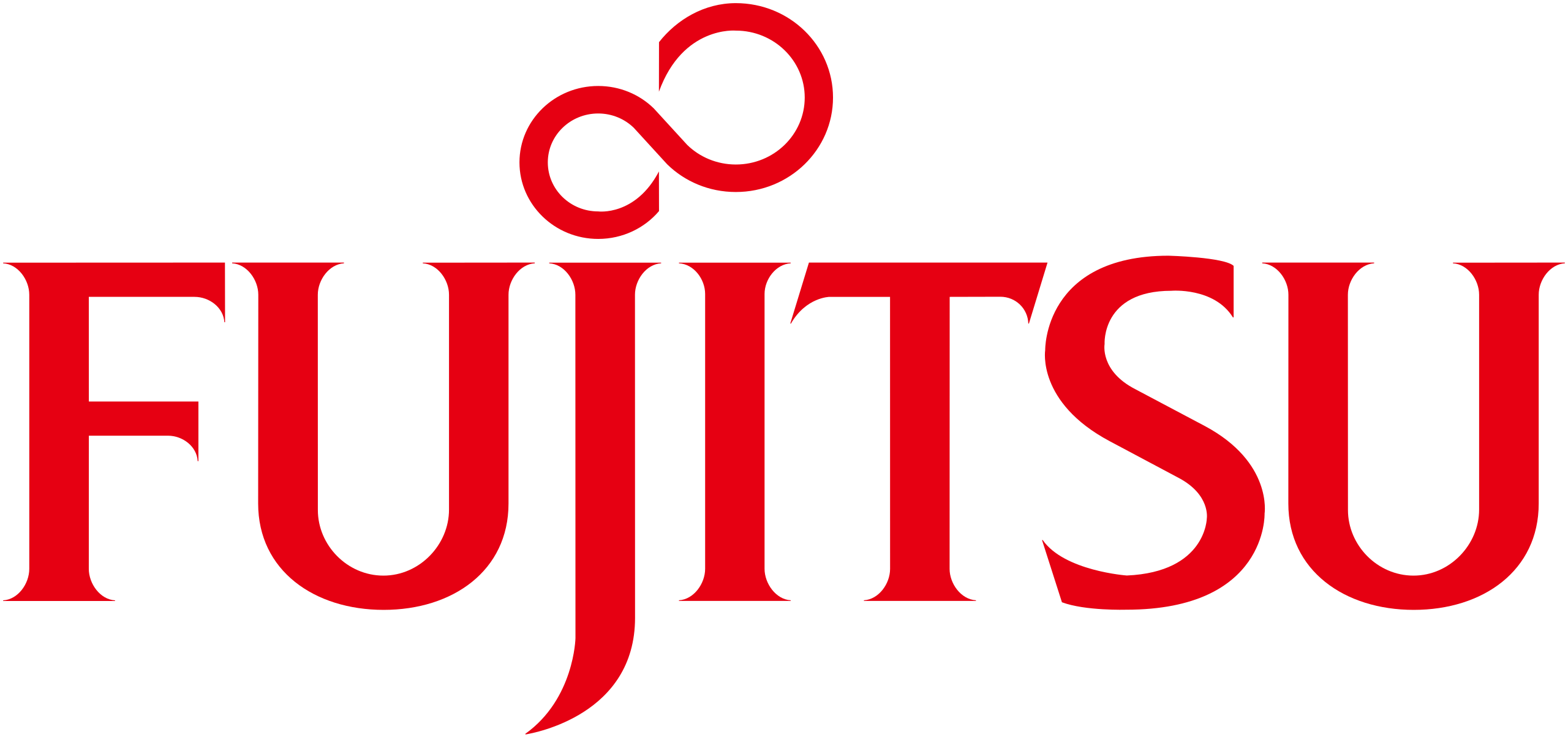A Level English
What does this qualification cover?
What we communicate, how we communicate and why we communicate affects every aspect of our being. English is core to this. Whist history and geography combine to reflect our whole living past present and future, though we teach the scientists, computer scientist and engineers of the future, our English nourishes the soul.
What’s included?
Though we study GCE & GCSE English Language and Literature, we do not only develop academic ability and skill sets in isolation but nurture the whole person and reflect the interconnectivity of the curriculum as a whole. Study units are intertwined so that each has elements of the others that students can follow as threads through the year. Projects overlap in topic or content, genre or skills acquisition, reflecting real world application of knowledge and understanding.
Key Features
In English students will understand that behind every text ever written there is writer intent. That we can make predictions about any text both fiction and nonfiction by asking a set of initial questions. This interrogation and exploration of both fiction and nonfiction texts builds research skills and critical analysis and evaluative consciousness. Thus reinforcing those routes to inquiry so important in every aspect of developing enquiring minds. There are a set of fundamental universal and timeless themes and ideas that influence the intentions of writers that spans the entire chronology of the literary canon these ideas and themes transcend the boundaries of time:
- Love and relationships
- Class divide
- Abuse of power
- Gender boundaries
- Equity & equality
Students should know that they too are connected to these universal and timeless themes and ideas and can form their own personal responses to a text. Acquiring control over language both written and spoken so that they may discover the potential power it can have and give. Thus, throwing wide open the students discoverable possibilities in all areas of our curriculum as well as confidence in language both written and oral in any subject.
KS5:
The Curriculum is modelled after higher education programs of universities and our literary and linguistic study focuses on developing breath, prose style and criticality exploring a series of thematic and generic foci around which texts are based. They are enrichment focused on cultural and academic progression to become competitive for UCAS, apprenticeship and employment application, and the world beyond it. We currently study: Mary Shelley’s Frankenstein, Street Car Named Desire, The Murder at Road Hill House, Paris, and Browning’s Poetry Collection.
Oracy:
Running alongside the key stage curriculums is an ongoing focus on the development of spoken language skills enabling all students to be affective and articulate speakers and listeners who know when to lead, when to listen and when to participate. Students all sit their Speaking and Listening Certificate at GCSE level.
USE of technology
Our departmental is dedicated to integrating the best of ourselves with the best use of the available technology in an environment such as UTC Reading. Our VLE (Virtual Learning environment) enables us to deliver a fully resourced curriculum across whole year groups so that every student has an equal opportunity to access all core content and perform to their own individual ability no matter which classroom they are in.
Providing:
- Attractive front end and easy to follow lesson programs
- Assignments are monitored across the whole cohort and the core content is fully online.
- Setting of multiple assignment types for different grade average requirements. For example participation in class / assessments / mocks.
- Students have access to all resources in advance unless specifically restricted i.e. mock papers and in class assessments.
- Maximum flexibility in teaching strategies & accurate ongoing progress tracking
- Supports SEN access to core content and early intervention to support specific learning goals
- Identification of gaps in knowledge of both groups and individuals.
- Facilitates provision of timely feedback that is individualised and productive
- Online monitoring of whole cohort activity
- Student and staff calendars of lessons and assignments – issue of reminders of due dates
- Multiple resubmissions for development of work
Links to workplace
A good standard of English is required for any workplace but pathways such as Law, Journalism, Teaching, Medicine, Business, and Management, to name but a few require particularly developed skill sets.
APPLY FOR
Year 10
APPLY FOR
Year 12


